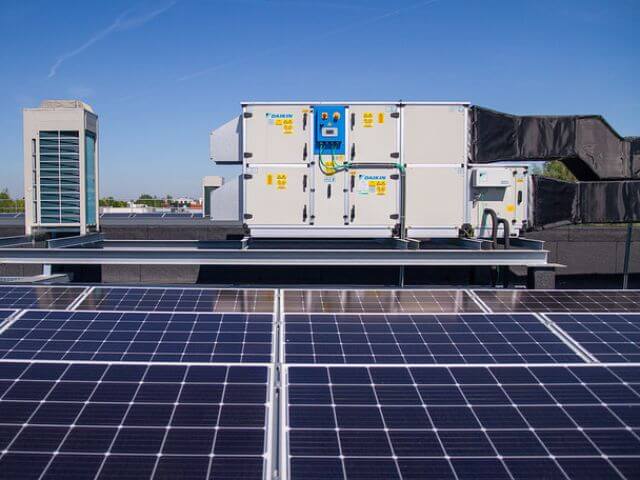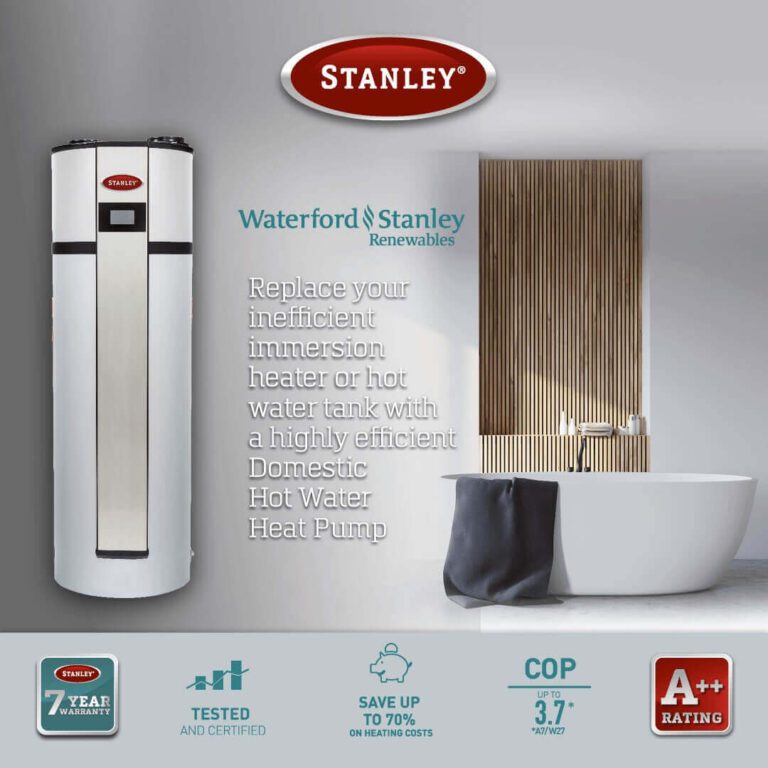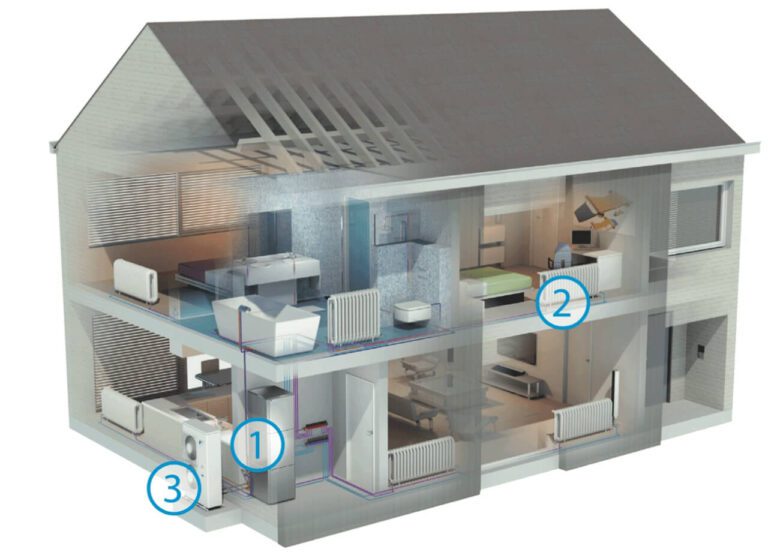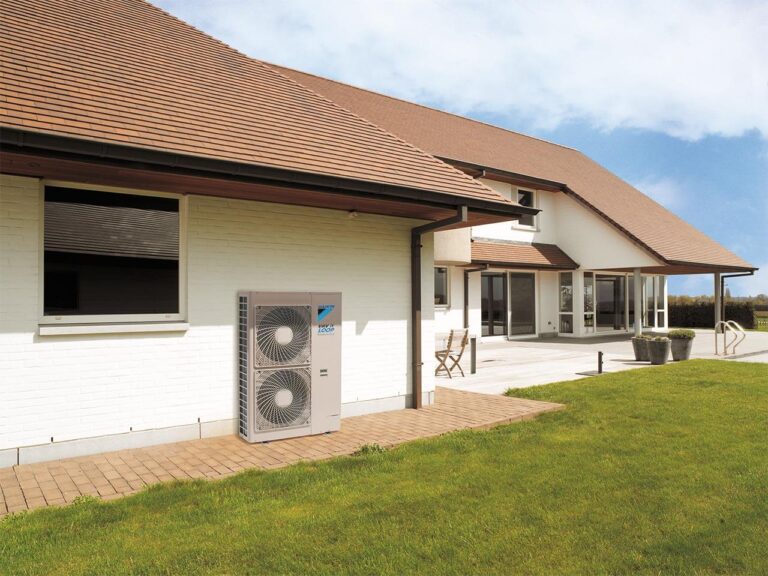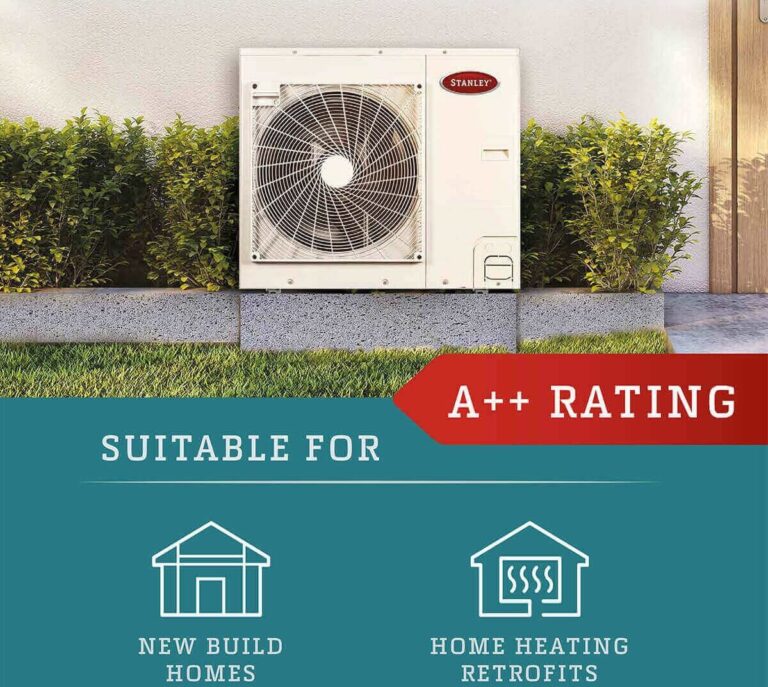Solar panels for heating your homes
Solar panels can be an excellent substitute for traditional heating methods, providing a sustainable and environmentally friendly way to generate heat for your home. The primary application for solar panels in heating houses is through solar thermal systems and solar space heating. Here’s how it works:
Solar Thermal Systems:
- Solar Collectors:
- Solar thermal systems use collectors, typically mounted on the roof, to absorb sunlight. These collectors are designed to capture solar radiation and convert it into heat.
- Heat Transfer Fluid:
- A heat transfer fluid, often a mixture of water and antifreeze, circulates through the collectors. As it passes through, it absorbs the heat collected from the sun.
- Heat Exchanger:
- The heated fluid is then transferred to a heat exchanger within the home. This device transfers the heat from the fluid to the air or water that will be used for space heating or domestic hot water.
- Distribution System:
- The heated air or water is distributed through the house using a forced-air system or radiant floor heating, providing warmth to living spaces.
Solar Space Heating:
- Solar Air Heating:
- In solar space heating systems, air is directly heated by the sun and then circulated through the house. This can be achieved using solar air collectors that absorb sunlight and transfer the heat to the air.
- Distribution System:
- The heated air is then distributed through the home using fans or other air circulation methods, providing a comfortable indoor temperature.
Key Advantages of Using Solar Panels for Heating:
- Renewable Energy Source:
- Solar energy is a renewable resource, making it an environmentally friendly alternative to traditional heating methods that rely on fossil fuels.
- Reduced Utility Bills:
- Solar heating systems can significantly reduce your reliance on grid-supplied energy for heating, leading to lower utility bills over time.
- Low Operating Costs:
- Once installed, solar panels have minimal operating costs. The sunlight is free, and maintenance requirements are relatively low.
- Carbon Footprint Reduction:
- Solar heating systems produce minimal greenhouse gas emissions, contributing to a lower carbon footprint compared to conventional heating systems.
- Government Incentives:
- Many governments offer incentives, rebates, or tax credits for installing solar heating systems, making the initial investment more affordable.
Considerations:
- System Sizing:
- Proper sizing of the solar heating system is crucial to ensure it meets the specific heating needs of your home.
- Weather Conditions:
- Solar panels rely on sunlight, so their efficiency can be influenced by weather conditions. However, advancements in technology have improved performance even in less sunny regions.
- Integration with Existing Systems:
- Solar heating systems can be integrated with existing heating systems for additional support during periods of low solar exposure.
Using solar panels for heating is a sustainable and cost-effective solution that aligns with the global push towards renewable energy. As technology continues to advance, solar heating systems are becoming more efficient and accessible, making them an increasingly attractive option for homeowners looking to reduce their environmental impact and energy costs.

